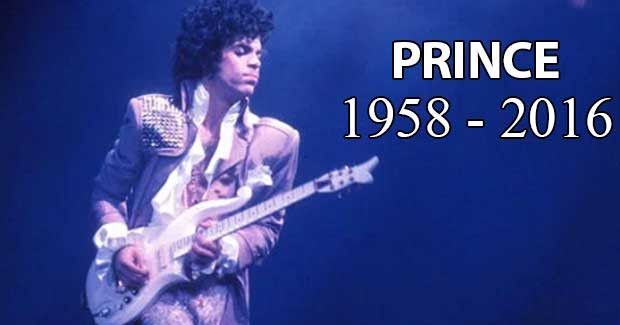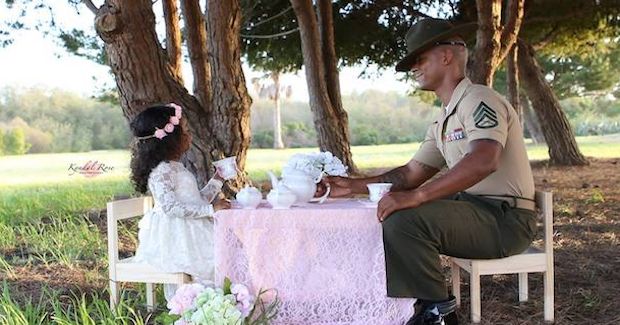Advertisement
Lifestyle
What Ever Happened to All Our Beloved Childhood Stores?
By
Robin Milling
4 min read
- # KB Toys
- # malls
- # Media Play
Advertisement - Continue reading below
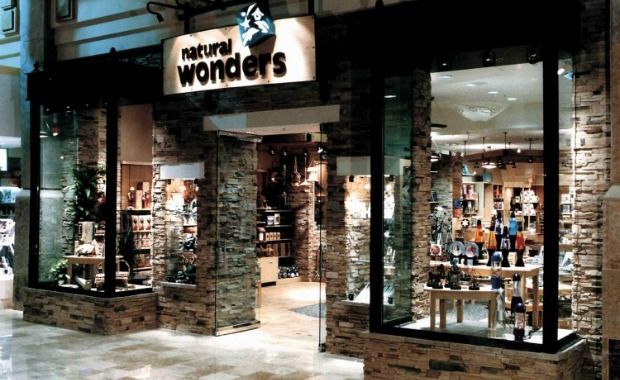
This August the World Wide Web celebrates its 25th year. On August 6, 1991, when the Web became publicly available it birthed a new way of life that changed the world. One of those fundamental differences is the convenience of online shopping.
Most of us now buy our goods and services with the click of a mouse. No more braving the crowds at busy shopping centers. But with that change in consumer shopping, many brick and mortar stores have closed down and made their way to retail heaven.
So what, exactly, have we been missing from these store closures – besides the thousands and thousands of jobs?
First there was Natural Wonders, a gift, novelty, and souvenir shop that opened in Fremont, California in 1986, founded by two entrepreneurs and veterans of the retail apparel industry. If you were a science and nature geek strolling through the mall, this was your jam. Merchandise ranged from jewelry and wind chimes to telescopes and games, bird feeders, ceramics, science kits, and educational toys and games. Customers were invited to touch and explore. As you tinkered, New Age music and environmental sounds played throughout the store. Natural Wonders closed up shop in 2004.
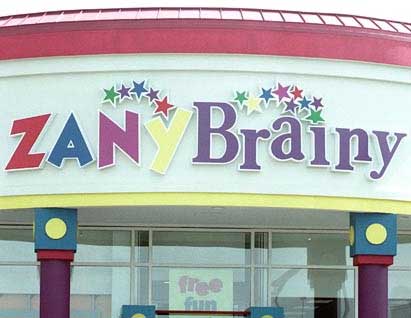
Another chain to succumb to the shift in consumer shopping was Zany Brainy. Similar to Natural Wonders in that shoppers could experiment and play with items, the merchandise however was geared more toward children, with things like bridge-building kits and ant farms, and other nonviolent educational toys, according to the Wall Street Journal. Zany Brainy closed in 2001.
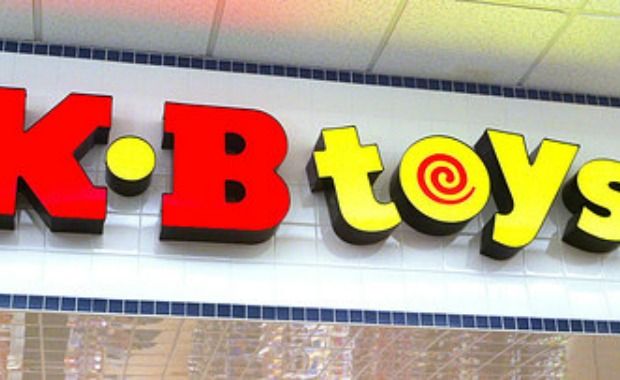
KB Toys previously known as Kay Bee Toys incorporated in 1922 in Columbus, Ohio. It was the second largest chain of retail stores to Toys “R” Us in the U.S. In its heyday, it boasted 1,300 mall-based stores across all 50 states, as well as Guam and Puerto Rico. Named for the Kaufman Brothers, it began as a wholesale candy store and soda fountain supplier in Pittsfield, MA. The toy business began as a fluke in the 1940s when they acquired a debtor’s store that couldn’t make its payments. Plus the cost of sugar was prohibitive during World War II so they seized the moment. The first retail toy store Kay-Bee Toy & Hobby Stores opened in Connecticut in 1959. Their biggest sellers were action figures and Barbies dolls. They closed their doors in 2009, but maintain an online warehouse.
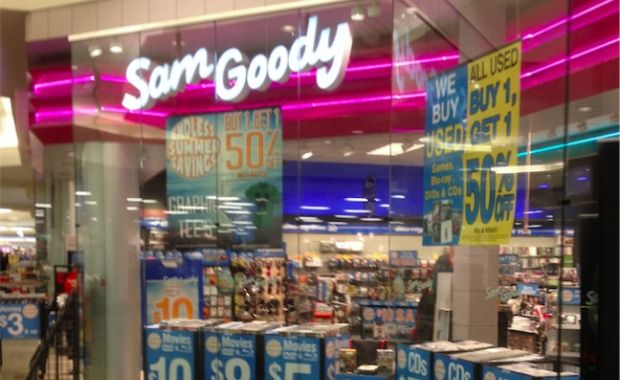
With the onslaught of digital music, records have become a dinosaur despite some audiophiles who still swear by the sound of a needle on the groove. Perhaps the most bittersweet closing was Sam Goody record stores with its famous slogan, “Goody got it.” Bins and bins of vinyl meant you could wile away the hours searching for that classic album. Ironically Sam Goody, the store’s namesake, began in the toy business, but switched to selling records after someone in 1938 came in asking for a record by Caruso and would pay as high as 50 cents (which was a lot of money back then).
In the 1940’s his flagship store on West 49 Street had become known as a New York phenomenon where 4,000 customers a day were said to jam the aisles browsing through 38,000 LPS (long playing records). Through several acquisitions and bankruptcies, Sam Goody couldn’t hold out any longer, finally ending its run in 2006.
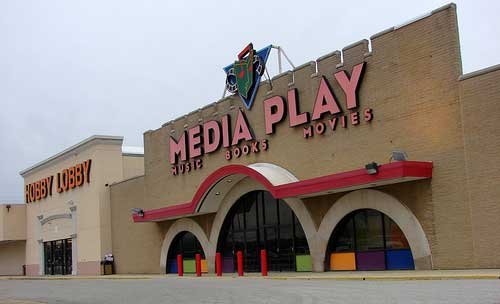
Another victim of internet shopping was Media Play, which was opened from 1992 to 2006, and was owned by Sam Goody. Like its parent stores, the “big box” entertainment retailer saw sales slip as technology veered more into digital and the disc boom came to a (record-)screeching halt.

Another area where digitizing has hurt the retail industry is in books and perhaps the biggest casualty has been Waldenbooks and Borders. Opening its doors in 1933, Waldenbooks was at one time the biggest book retailer in the world and employed approximately 19,500 people in the United States. But in 2011, the company filed for Chapter 11 bankruptcy and after failing to attract a suitable buyer, closed its doors for good in September of that year. Barnes & Noble booksellers would eventually acquire all of Borders trademarks.
Perhaps a generation from now our children may not even know what the word “store” means, but at least we have the internet to remember them (and the place where we can purchase our stuff).
Advertisement - Continue reading below

